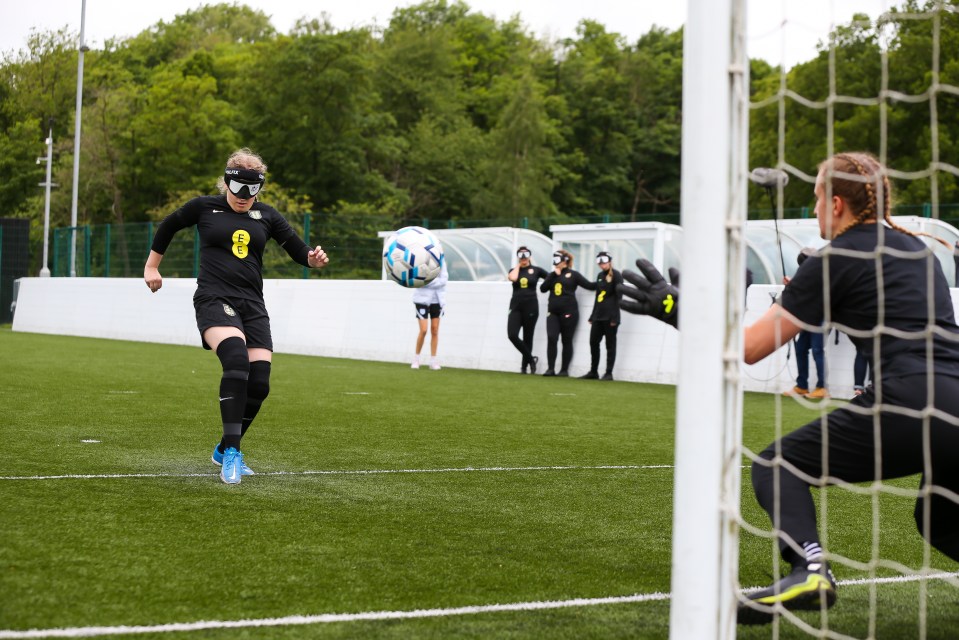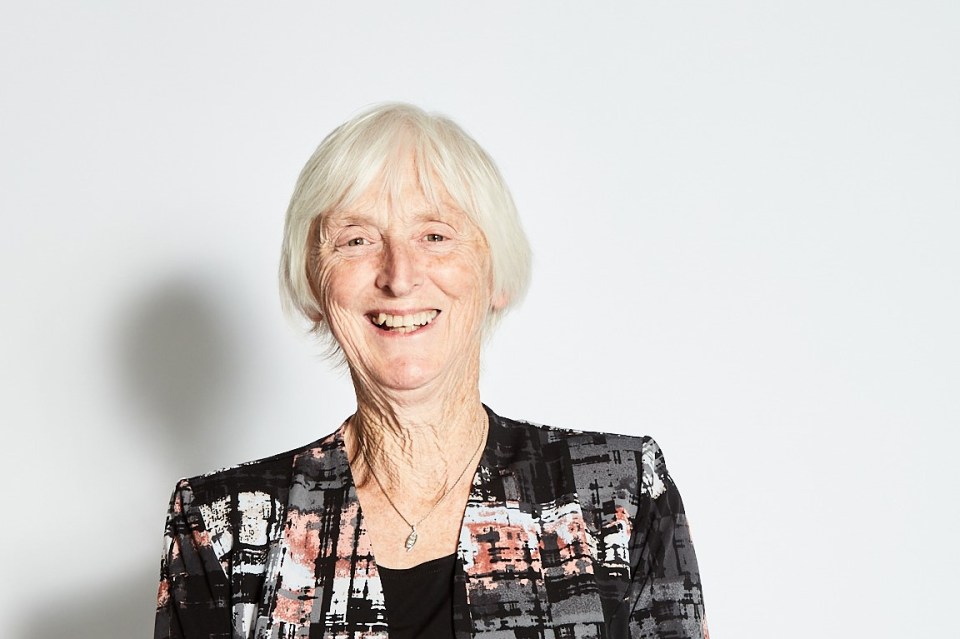FA director Baroness Sue Campbell on applying lessons from women’s game to disability football

As Baroness Sue Campbell surveys the task ahead of her in disability football, she sees parallels with the job she took on when she joined the Football Association.
“I came to the FA six years ago to put together a strategy to lead the women’s game and there are many, many similarities,” Campbell tells City A.M.
“The women’s game had been driven by pioneers but we hadn’t got an overarching sense of ‘this belongs to all of us’. You have to start by getting the FA to own it right across the piece.
“It’s no good having a women’s department or a department for disability because then everyone says it’s their job. It has to be everybody’s job.”
Since Campbell, the FA’s director of women’s football and now strategic co-lead for disability football, arrived at the governing body the women’s game has reached new heights.
Last year the former chair of UK Sport drew up plans to have a similarly transformative impact on disability football and in October the FA published its strategy, Football Your Way.
Its ambitious aims included increasing participation, adding new women’s national teams, improving the talent pathway, recruiting more coaches and achieving disability representation of up to 10 per cent within the FA itself.
“We are the first governing body as I understand it in Europe to produce an overarching strategy of that nature,” says the 73-year-old.
“Writing the strategy is the easy bit – making it happen is more challenging – but I think we’ve made some really big progress. We’ve got out of the blocks, we’re heading down the straight, but there’s a long way to go to the finish line.”
Campbell lists some of Football Your Way’s achievements: new participation opportunities, especially for those taking up disability football; incentivising clubs to add para teams; the establishment of a women’s blind team, with a cerebral palsy side next; new heads of the talent and elite programmes; and more content aimed at a mainstream audience, such as video of England stars Ben Chillwell and Aaron Ramsdale trying out powerchair football.

The FA’s goal of attracting two new purpose-led partners, in addition to long-term backer BT, is yet to bear fruit, however. A £1m grassroots funding package from Sport England has lessened the need, but it remains on the hunt for at least one new sponsor.
“It’s a very different proposition to sponsoring the men or the women. What you can offer around the men’s team is massive visibility. That is not what this is going to do,” she says.
“But what you can do is look at it as a value proposition. Are you a company that is trying to be more equitable? Are you trying to employ and deploy more people with a range of disabilities? Do you have a strong moral community purpose?
“I would suggest it’s more of a CSR initiative than it is a hard-nosed sponsorship one.”
Expecting similar growth to the women’s game in disability football is not realistic, Campbell says, predominantly because it concerns a smaller proportion of the population.
“But I do think it’s about normalising it. Our slogan is Football For All. You can’t use language like that and then it not be for all,” she says.
“I don’t want us to have to explain why we have to do it, I want us to be writing about the great things we’re doing in football, of which disability football will be just a standard part of what we do. That’s a few years away, I have to say.”

That scenario is still an aspiration rather than a reality even in women’s football, as she was reminded during a recent radio programme.
“Someone who will go nameless had a right good go about how women’s football is crap and they didn’t know why anyone went to watch it,” she says.
“And you think ‘Oh for goodness sake, can we get away from this?’ That’s not really what we should be doing now.
“Sport is just a microcosm of society. Society should be accepting all people on equal terms and understanding that not everybody’s equal but they should all have the same opportunities. Sport should be doing that.
“I want the FA to carry on trailblazing a bit and showing the way here.”
